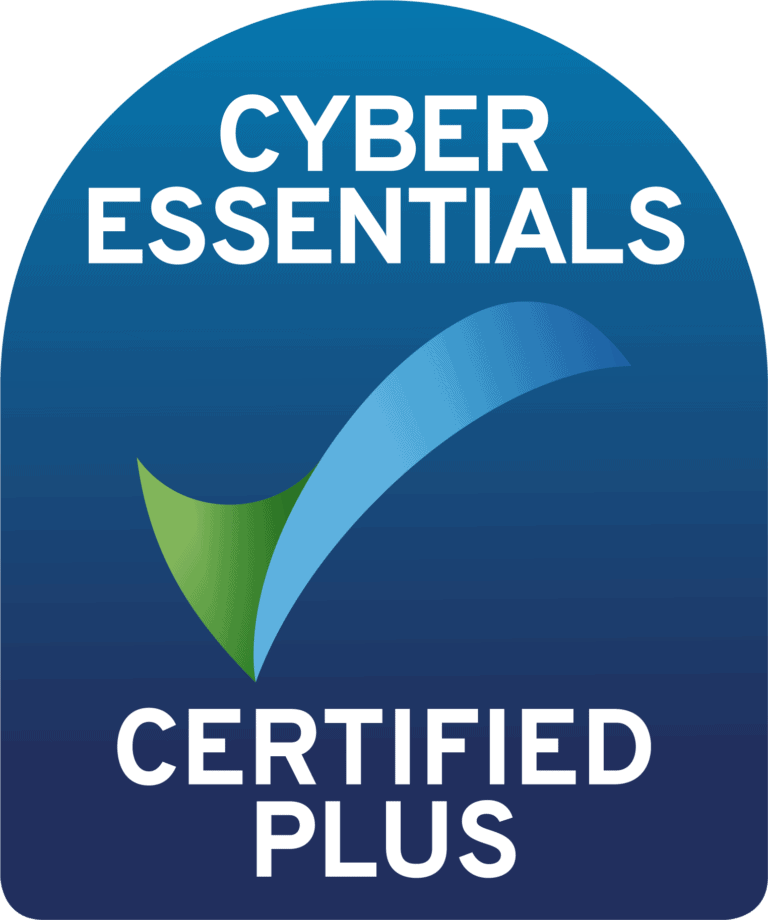
In the latest edition of our Unlocking Success series, we look into the psychological safety of contemporary workplace, the rise of hybrid teams—a blend of remote and in-office employees—marks a significant shift in organizational dynamics.
This setup offers unprecedented flexibility and the potential to embrace diverse perspectives and experiences. However, it also presents complex challenges, particularly in fostering an environment of psychological safety.
Psychological safety, essential for a thriving work culture, involves creating a space where team members feel comfortable expressing their thoughts and ideas, and taking risks without fear of negative consequences. According to McKinsey research, 89% of employees consider psychological safety to be crucial for any business, echoing Google's comprehensive study that found it to be the most important factor in building successful teams. Yet, in a hybrid environment, nurturing such an atmosphere can be challenging due to its dynamic nature.
This article presents seven comprehensive tactics for team leaders and managers to foster psychological safety in their hybrid teams:
Tactic 1: Establish Clear Communication Channels
Effective communication is vital for bridging the physical and digital divide in hybrid teams. Without consistent face-to-face interactions, misunderstandings and feelings of isolation can arise. To address this, it's crucial to establish robust communication channels that promote transparency and inclusivity. Regular virtual check-ins, diverse communication tools, and inclusive meeting practices are key strategies.
Tactic 2: Lead by Example
Leaders play a crucial role in setting the tone for psychological safety. Their behavior, attitude, and communication style are closely observed by team members. In a hybrid setting where direct interactions are less frequent, leaders who demonstrate openness, admit their mistakes, and show genuine interest in their team's ideas can create a more open and trusting team culture.
Tactic 3: Foster a Non-Judgmental Environment
Fear of judgment can stifle creativity and openness in team members. In a hybrid team where physical cues are absent, creating an environment that is accepting and respectful becomes even more critical. Active listening, constructive feedback, and creating a culture of curiosity are essential components of fostering psychological safety.
Tactic 4: Recognize and Celebrate Contributions
Recognition and appreciation are powerful motivators that foster a sense of belonging and worth. In a hybrid team, where remote members may sometimes feel invisible, it's essential to acknowledge and celebrate individual and team achievements regularly.
Tactic 5: Encourage Professional Development
Prioritising professional development demonstrates a commitment to the team's growth and career progression. Offering diverse and flexible learning opportunities helps team members stay competent and competitive, especially in a hybrid setting where schedules and locations vary.
Tactic 6: Prioritise Well-being
The well-being of team members is crucial for engagement, creativity, and productivity. In a hybrid team, where the lines between work and personal life can blur, supporting mental and physical health is essential for creating a psychologically safe environment.
Tactic 7: Implement Diversity, Equity, and Inclusion Training
Diversity, Equity, and Inclusion (DEI) are foundational for any modern organisation. Such training helps recognise and address unconscious biases, promote equitable practices, and foster an inclusive culture where all team members feel valued and included.
In conclusion, creating and maintaining psychological safety in a hybrid team requires consistent effort. By implementing these seven tactics, leaders can pave the way for a more inclusive, innovative, and productive team culture, benefiting both the organisation and individual team members alike.
Finally
If you are looking to employ new talent into your Public Sector organisation, these are the questions you should think about asking.
Read our latest "Transformation Trailblazers" Newsletter in which we are talking change, transformation and technology - from the innovators and triumphant to the stagnant and struggling — Read it here
For more information on how we can help you recruit the high-performing individuals you need, get in touch with us on 0870 042 1430 or email us here.
Marta Ortigas is a Director at Malikshaw Interim & Executive, a leading interim management and executive search firm exclusively focused on helping organisations achieve transformational change through delivering high performance, diverse, impactful talent teams.
Transforming our client's performance through exceptional talent...
+44 7715 905810
marta.ortigas@malikshaw.com
www.malikshaw.com









